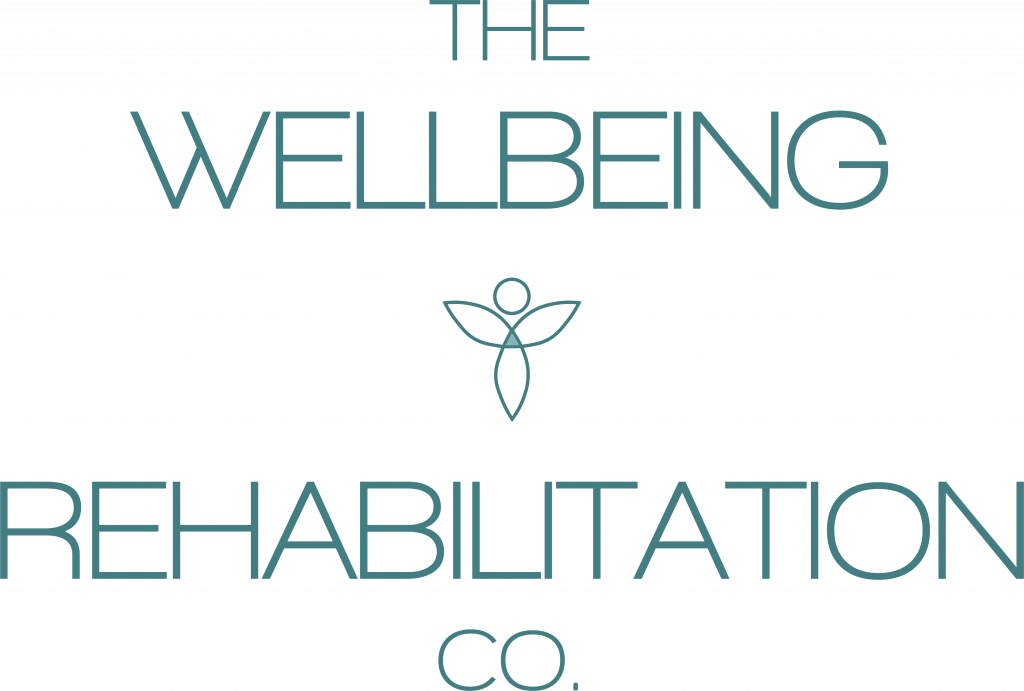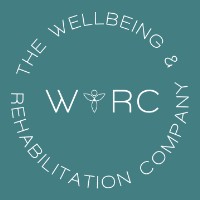
Navigating Menopause: Essential Facts and Practical Advice

Menopause is a natural phase in a woman’s life, typically occurring around the average age of 51. However, the journey towards menopause, known as peri-menopause, can begin much earlier, with symptoms emerging between the ages of 35 and 45. Understanding this transition and how to manage its effects can make a significant difference in your wellbeing.
Symptoms of Menopause: It’s More Than Just Hot Flashes
Menopause is often associated with hot flashes, but the reality is that there are many potential symptoms that can affect women. These may include:
- Anxiety
- Bloating
- Changes in body odour
- Digestive problems
- Fatigue
- Incontinence
- Irregular periods
- Joint pain
- Osteoporosis
- Sleep disturbances
- Vaginal dryness
- Weight gain
These symptoms can vary greatly from one woman to another, and some may experience a combination of several at once. It is important to be aware of these potential changes so you can seek appropriate support and treatment.
Hormone Replacement Therapy (HRT)
One of the most common treatments for managing menopause symptoms is Hormone Replacement Therapy (HRT). This therapy helps to maintain oestrogen levels in the body, which can significantly reduce the severity of symptoms. If you are experiencing disruptive symptoms, it is advisable to speak to your GP about HRT and whether it might be suitable for you.
The Role of Exercise During Menopause
Exercise is crucial for health and wellbeing at any stage of life, but it becomes especially important during and after menopause. Regular physical activity can help manage weight, improve mood, and maintain muscle and bone strength, all of which are vital as your body undergoes changes during menopause.
A well-rounded exercise regime for menopausal women should ideally include:
- Aerobic Exercises: Walking, running, cycling, swimming, skipping, and dancing to improve cardiovascular health.
- Resistance and Weight-Bearing Exercises: Activities like lifting weights, Pilates, and yoga can help maintain muscle mass and bone density.
- Stretching and Balance Work: This can improve flexibility and reduce the risk of falls.
- Pelvic Floor Exercises: These are particularly important for preventing incontinence and maintaining pelvic health.
Research has shown that Pilates, for example, can positively affect muscle strength, postural control, and body composition in post-menopausal women.
Non-Medicated Treatments and Healthy Habits
In addition to exercise and HRT, there are several other strategies that can help manage menopause symptoms:
- Mindfulness and Relaxation: Techniques like meditation and deep breathing can reduce stress and improve mental health.
- Nutrition: Eating a balanced diet rich in vitamins and minerals supports overall health and can alleviate some symptoms.
- Quitting Smoking: Smoking can exacerbate menopause symptoms and increase the risk of osteoporosis and heart disease.
- Sleep Hygiene: Establishing a regular sleep routine and ensuring a restful sleep environment can improve sleep quality. Walking has been found to be particularly beneficial in improving sleep during menopause .
Helpful Resources
For further support and information, these organisations and websites offer valuable resources:
- The Menopause Charity
- Positive Pause
- My Menopause GP
- Menopause Now
If you would like to discuss any of this information in more detail, or if you need personalised advice, feel free to reach out to Eimear, our specialist women’s health physiotherapist and Pilates instructor. She can offer tailored support to help you navigate this significant life stage with confidence and ease.
Email us on: info@wellbeing-rehab.co.uk
Or call us on: 0161 676 0341

Specialist providers of clinical and wellbeing services designed to meet your individual health needs.